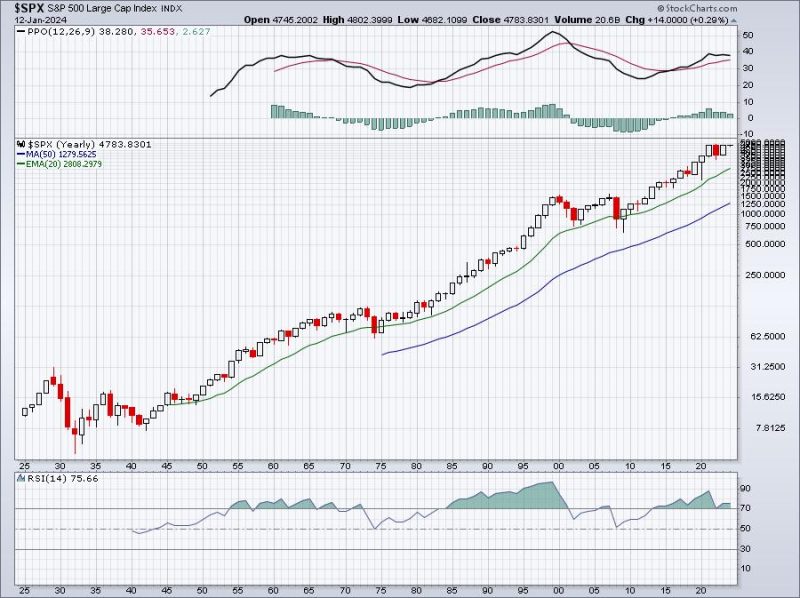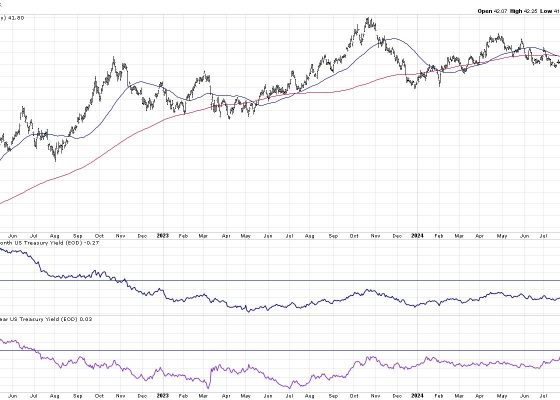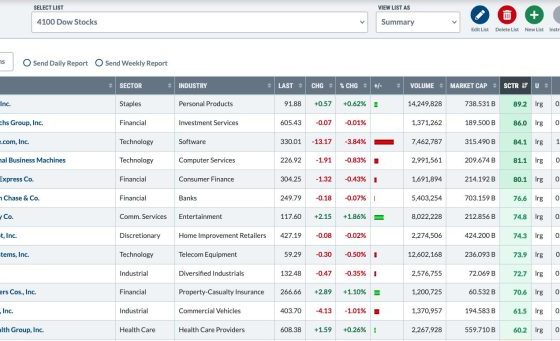To begin with, it’s essential to understand the concept of perspective – a particular attitude towards or a way of regarding something. When it comes to investing, perspective is inevitably tied to historical trends, market behavior, and economic factors. In the context of technology stocks, given the evidence of previous trends and the dynamics of the industry, there are reasons – both historic and perspectival – to manage our expectations.
Historically, the technology sector, despite its successes, has seen a series of colossal setbacks that shouldn’t be overlooked. The dot-com bubble of the late ’90s – early 2000s serves as a cautionary tale. During this period, numerous internet and tech companies, driven by market exuberance, saw their stock prices soar to unreasonable heights before crashing dramatically. Many investors lost huge sums as these overvalued stocks plummeted. While the tech landscape has evolved significantly since then, the possibility of similar occurrences cannot be entirely ruled out.
Fast forward to the late 2010s and early 2020s, the tech scene witnessed an unprecedented boom, driven by revolutionary advancements in AI, cloud computing, digital payments, autonomous vehicles, and more. Companies like Amazon, Apple, Google, Facebook, and Microsoft, widely known as the Big Five, saw their stocks soar, commanding massive wealth and influence. Investors who boarded the tech-train early reaped substantial rewards.
However, this scenario, while promising, also calls for the application of perspective. The stock market is in constant flux, influenced by a myriad of factors, both predictable and unforeseen. While technological innovation continues at a breakneck speed, it’s worth noting that the stock prices of tech companies are inherently volatile due to the high-risk, high-reward nature of the sector.
From a prospective standpoint, there are concerns around regulatory pressures. Governments around the world are scrutinizing Big Tech, consequent to worries about data privacy, market monopoly, and antitrust violations. Additional regulation aimed at curbing the power and influence of these companies might affect their profitability and, in turn, their stock prices.
The expectation for technology stocks might also be dampened due to the technologically disruptive environment. A quick look at the state of blockbuster video, Myspace, or even Nokia reminds us of the short lifespan of technology in a rapidly evolving sector. Today’s technical novelties may become obsolete tomorrow, replaced by newer, more innovative products or services.
Additionally, the ongoing global circumstances are providing a harsh reality check. Global health crises, geopolitical tensions, environmental changes, and their subsequent impacts on the global economy are potent factors that might significantly influence the behavior of technology stocks.
In light of these perspectives and historic trends, it is advisable for investors to manage expectations when it comes to technology stocks. While the allure of sky-high returns is tempting, it’s also important to consider the inherent volatility and potential challenges associated with this sector. Diversification across industries and maintaining a long-term, balanced investment strategy can help mitigate potential risks while taking advantage of growth opportunities.
Ultimately, technology stocks are not a guaranteed golden goose, but a well-calculated risk taken on dynamic, innovative, yet highly volatile sector. This knowledge, backed by history and perspective, necessitates a more grounded approach to expectations around technology stocks.











